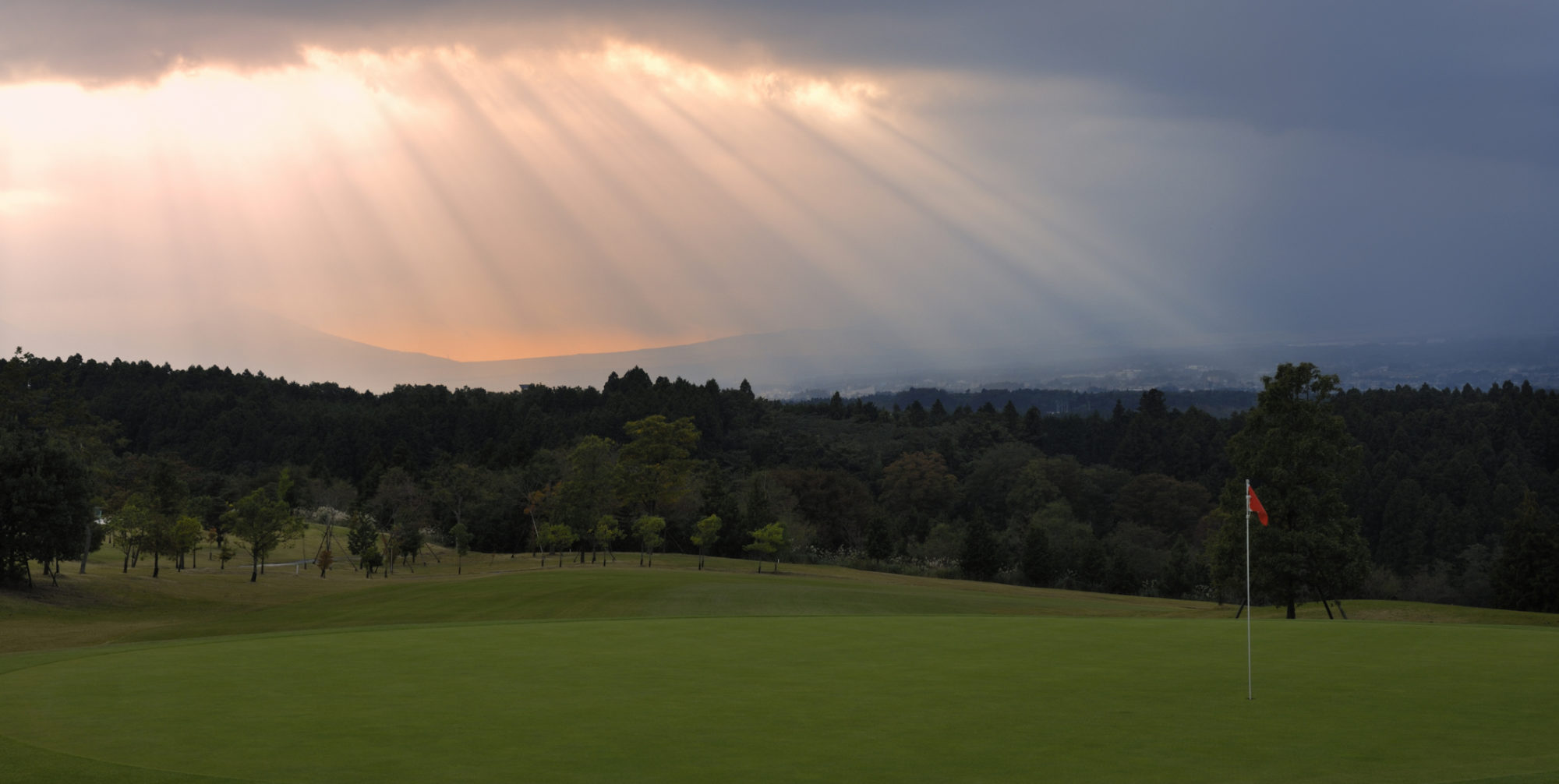On Saturday morning of the Utopia Retreat, David Cook took us to a nearby ranch to show us something from a story he had written. His book “Golf’s Sacred Journey 2” continues the story of the young golfer, Luke, and his mentor, Johnny as Luke is preparing for his next big tournament. One of the main themes of the story is the importance of dreams in our lives. Johnny says that he believes that the Good Lord plants dreams in the hearts of everyone, but for most of us, the seed gets trapped inside. One of the biggest stumbling blocks is fear, such as the fear that our dreams are too big, or that we lack the skill or the talent to make them real, or that we might fail or be laughed at, or any number of other irrational thoughts that creep into our minds to make us second-guess ourselves. In the story, Johnny shows Luke and old seed planter that had been abandoned on the edge of the field 70 years ago, half full of seed, never to be planted. He opens the bin of the planter to show him the seed inside, and they encounter a red wasp lurking in the corner of the bin, a perfect representation of the fear that paralyzes us.
I always thought that this was one of the most powerful chapters in the book, because of what it says about unfulfilled potential.  So, you can imagine my surprise when the author of the book took us to this very field from the story and sitting there next to the fence, crowded up against an encroaching persimmon bush, was the actual seed planter that had inspired him to include it as a lesson to those who are on this journey of discovery. He had us look inside and pick out a few of the seeds, and we noticed that there was indeed a red wasp guarding the seed, just as it did in the story. Also, as in the story, we were instructed to take a seed and find a quiet place to get in touch with that still, small voice of truth and learn what it would tell us about what we could accomplish with the faith and confidence to bury the lies that have a stranglehold on our abilities and talents. It has now been 10 years since he first saw this seed planter, and in the book, he explains that one oat plant could easily produce 10 or more seed heads, and that if each of the seeds in the seed bin had been planted 10 years ago and produced 10 seeds, and if each of those had produced 10 seeds the next year, after 10 years, billions of seeds could have been produced.
So, you can imagine my surprise when the author of the book took us to this very field from the story and sitting there next to the fence, crowded up against an encroaching persimmon bush, was the actual seed planter that had inspired him to include it as a lesson to those who are on this journey of discovery. He had us look inside and pick out a few of the seeds, and we noticed that there was indeed a red wasp guarding the seed, just as it did in the story. Also, as in the story, we were instructed to take a seed and find a quiet place to get in touch with that still, small voice of truth and learn what it would tell us about what we could accomplish with the faith and confidence to bury the lies that have a stranglehold on our abilities and talents. It has now been 10 years since he first saw this seed planter, and in the book, he explains that one oat plant could easily produce 10 or more seed heads, and that if each of the seeds in the seed bin had been planted 10 years ago and produced 10 seeds, and if each of those had produced 10 seeds the next year, after 10 years, billions of seeds could have been produced.
In this incredible setting, it is easy to gain a perspective on how freedom is a powerful force, but that we need to be on guard against the fear and the lies that can deceive us into believing that we can never be all that we were put here to be.  It was in this setting that I was able to identify many of the lies that have held me back, and to find the will to let go of them and to bury them once and for all.That is a story for another day. Please leave your comments below.
It was in this setting that I was able to identify many of the lies that have held me back, and to find the will to let go of them and to bury them once and for all.That is a story for another day. Please leave your comments below.
